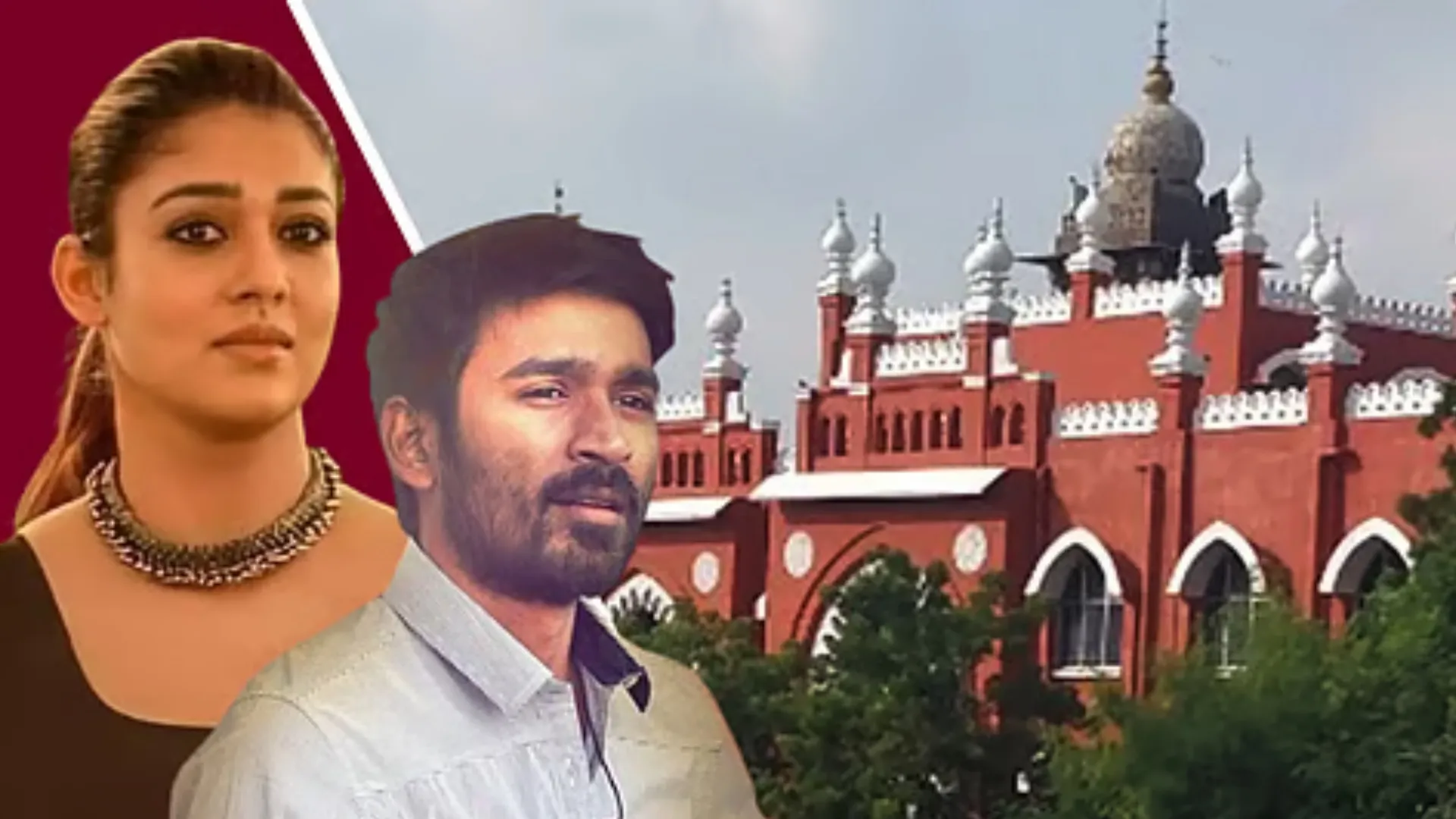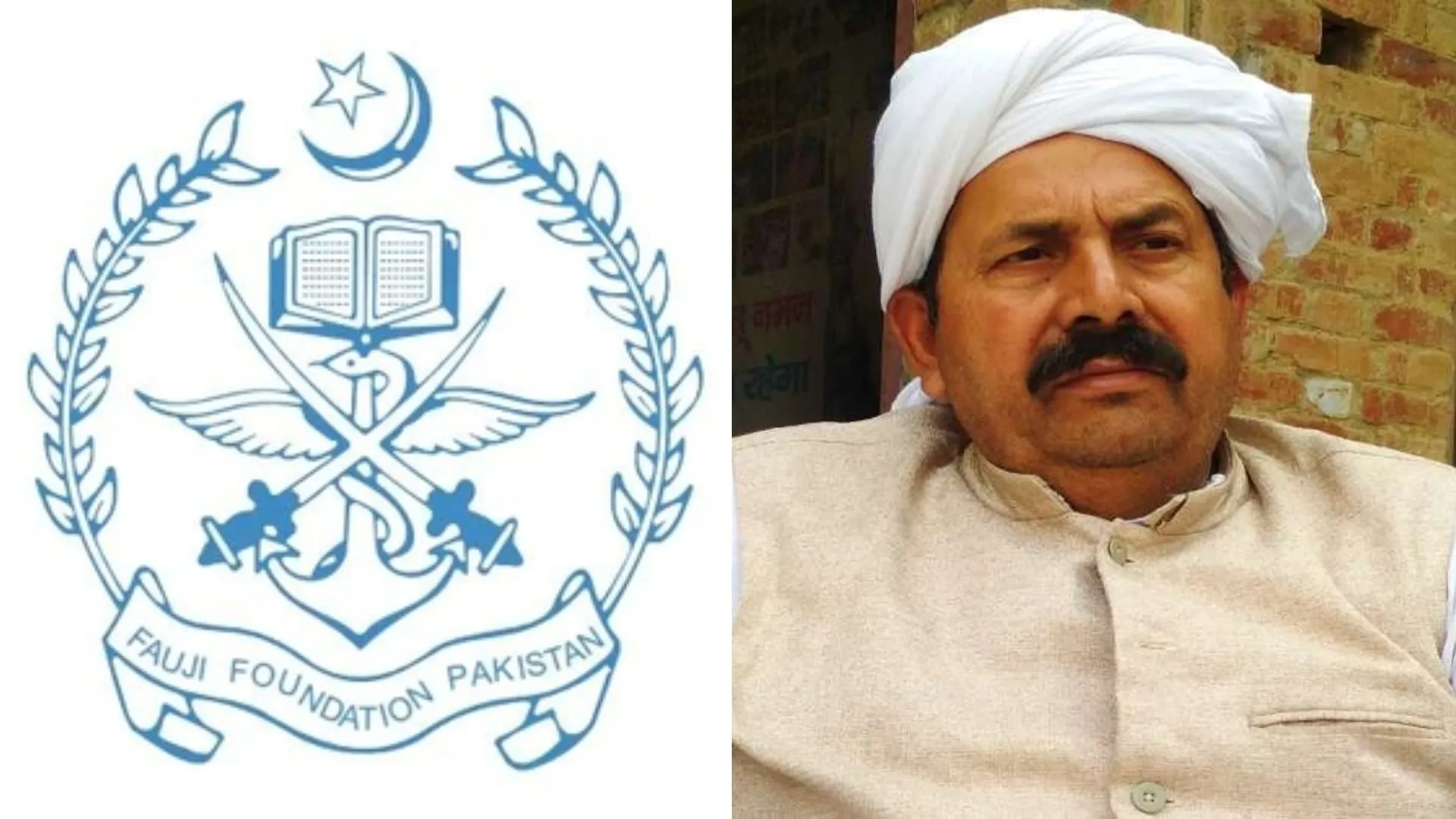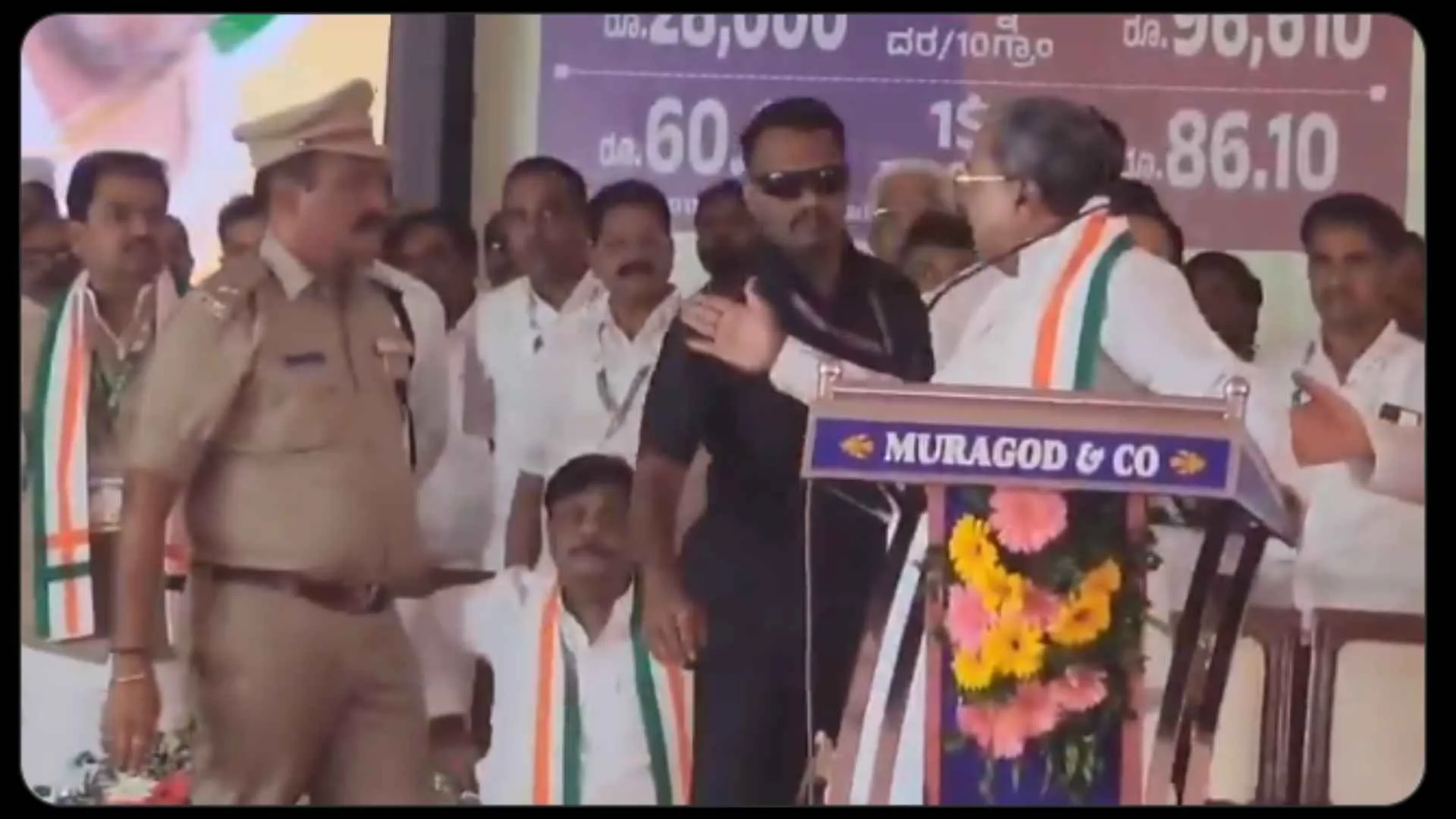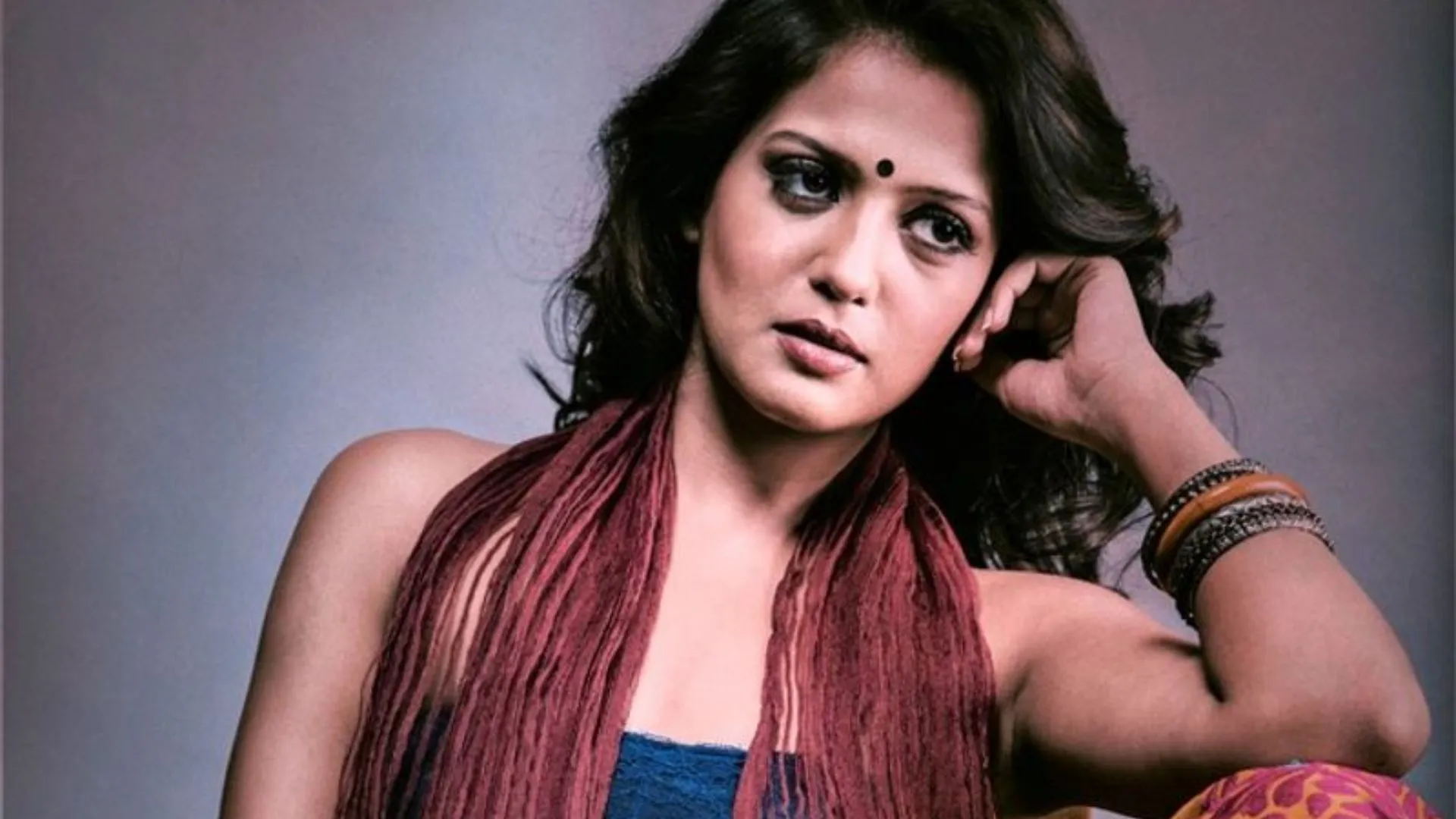The Madras High Court on Tuesday dismissed an application filed by Los Gatos, the Indian arm of OTT platform Netflix, which sought to dismiss actor Dhanush’s copyright infringement lawsuit at the preliminary stage.
The case revolves around allegations against actress Nayanthara, her husband Vignesh Sivan, and others for using unauthorized footage from Dhanush’s film in Nayanthara’s documentary, “Nayanthara: Beyond the Fairytale,” which was streamed on Netflix.
Justice Abdul Quddhose rejected the application by Los Gatos and scheduled the next hearing for February 5, focusing on the application filed by Dhanush’s production house, Wunderbar Films. The production house is seeking an interim injunction against Netflix and the other defendants in the case.
Dhanush’s application alleges that the behind-the-scenes footage from his Tamil film, “Naanum Rowdy Daan,” was used without permission in the making of Nayanthara’s documentary. The documentary was aired on Netflix, and Dhanush claims that Netflix did not have authorization to use the footage.
While Netflix’s office is based in Mumbai, which is outside the jurisdiction of the Madras High Court, Dhanush had sought permission to file the lawsuit in this court, which was granted. Aggrieved by the decision, Netflix filed an application seeking to revoke the order allowing Dhanush to sue.
Netflix’s arguments included that Dhanush had only obtained leave to sue Los Gatos, but the plaintiff should have sought leave against all the defendants in the case.
Additionally, Netflix contended that the lawsuit should have been filed in Kancheepuram, where the plaintiff’s office is located, and that the cause of action arising outside the jurisdiction of the Madras High Court should have been addressed separately.
Netflix also argued that there was no urgency in the matter, as the documentary had already been released. Therefore, it suggested that the plaintiff should have gone through mandatory pre-suit mediation before filing the case.
Court did not agree with Netflix’s contentions and dismissed both the application to revoke leave and the plea to reject the plaint.
Read More: Supreme Court Asks Centre’s Stand After Woman Wants To Be Governed By Succession Law Not Shariat






















